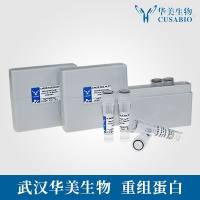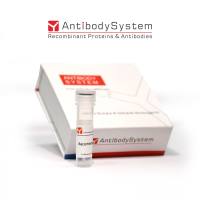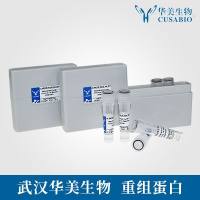Tests for Circulating Immune Complexes
互联网
互联网
相关产品推荐

DDA1/DDA1蛋白Recombinant Human DET1- and DDB1-associated protein 1 (DDA1)重组蛋白Placenta cross-immune reaction antigen 1 (PCIA-1)蛋白
¥1836

fMLP receptor Antibody, anti-human, PE, REAfinity™, 30 tests in 60 µL
询价

Anti-Cadmium-EDTA or Mercury-EDTA complexes Antibody (SAA0523)
¥2300

B7H4/B7H4蛋白Recombinant Human V-set domain-containing T-cell activation inhibitor 1 (B7H4)重组蛋白B7 homolog 4 ;B7-H4B7h.5Immune costimulatory protein B7-H4Protein B7S1T-cell costimulatory molecule B7x蛋白
¥1344

FCRL5/FCRL5蛋白Recombinant Human Fc receptor-like protein 5 (FCRL5)重组蛋白BXMAS1 (Fc receptor homolog 5) (Immune receptor translocation-associated protein 2) (CD307e)蛋白
¥3960

